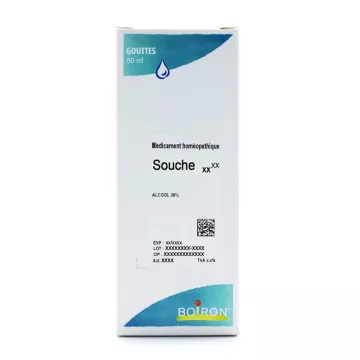
What is rickets?
Rickets is a disease that occurs mainly in children and affects bone development, leading to soft bones and skeletal deformities. This condition generally results from a deficiency in vitamin D, an essential nutrient that promotes the absorption of calcium and phosphorus in the body.
What causes rickets?
The main causes of rickets include:
How to recognize rickets symptoms?
Symptoms of rickets can vary but often include:
What treatments are available for rickets?
Treatment for rickets focuses on correcting nutrient deficiencies and may include:
How can rickets be prevented?
Prevention of rickets is based on..:
Can rickets affect adults?
Although rickets is primarily a childhood disease, adults can suffer from a similar condition known asosteomalacia, which also involves softening of the bones due to vitamin D deficiency.
What role does vitamin D play in preventing rickets?
Vitamin D plays a crucial role in the prevention of rickets by promoting the absorption of calcium and phosphorus in the intestine, essential elements for the development and maintenance of strong bones. A lack of vitamin D can therefore prevent proper bone mineralization in young children, leading to softening and deformity.
How can we ensure adequate vitamin D intake?
To ensure an adequate intake of vitamin D, several methods can be adopted:
What are the long-term consequences of untreated rickets?
If left untreated, rickets can lead to serious complications such as:
How is rickets diagnosed?
The diagnosis of rickets is generally made by :
Can rickets be confused with other diseases?
Yes, rickets can sometimes be confused with other bone disorders such asosteogenesis imperfecta (glass bone disease), which is genetic and not related to deficiency. A thorough evaluation by a healthcare professional is essential for an accurate diagnosis, distinguishing rickets from other pathologies with similar symptoms.